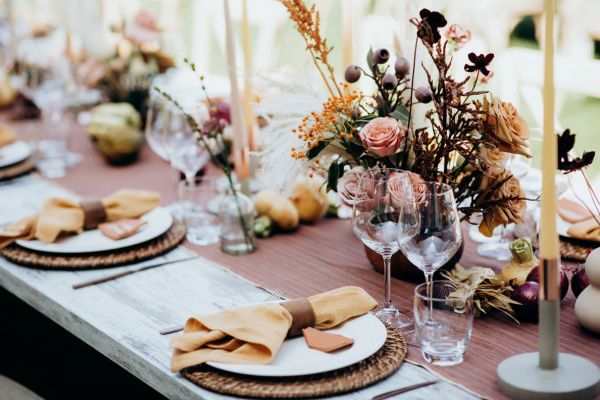Weddings have always been a celebration of love, family, and culture, but the way they are celebrated has evolved dramatically over the years. Traditional vs modern weddings has become a widely discussed topic among couples planning their special day. From rituals and attire to venue choices and overall style, the differences between the two approaches are striking, yet both offer unique charms. Understanding these differences can help you decide which path aligns best with your vision of a perfect wedding.
The Essence of Traditional Weddings
Traditional weddings are deeply rooted in cultural and religious customs that have been passed down through generations. They often include rituals that honor ancestry and community values, creating a sense of belonging and continuity. In many cultures, traditional weddings involve elaborate ceremonies spanning several days, featuring specific prayers, blessings, and symbolic acts.
Attire is one of the most noticeable aspects of traditional weddings. Brides may wear family heirlooms or attire reflecting cultural heritage, such as a white gown for Western weddings or a red sari for South Asian ceremonies. Grooms also tend to wear outfits that align with cultural expectations, showcasing their role within the ceremony.
Traditional weddings are often held in places of worship, ancestral homes, or grand banquet halls. The atmosphere emphasizes formality and grandeur, where families play a central role in planning and hosting. Guests usually include extended family and community members, making these events large and inclusive affairs.
The Appeal of Modern Weddings
Modern weddings, on the other hand, are characterized by personalization and contemporary aesthetics. Couples opting for a modern wedding often prioritize their individual tastes over established customs. These weddings tend to be streamlined, focusing on efficiency, style, and creating a unique experience for guests.
In terms of fashion, modern weddings embrace freedom and innovation. Brides might choose minimalist gowns, unconventional colors, or even chic jumpsuits, while grooms can explore tailored suits in a variety of styles and shades. This shift reflects a growing trend toward breaking traditional gender roles and expressing individuality.
Modern weddings are typically held in diverse venues, from outdoor gardens and beaches to urban lofts and art galleries. The guest lists are often smaller and more intimate, focusing on close friends and family. Themes, decor, and even the ceremony structure can be completely customized to reflect the couple’s personalities and shared journey.
Key Differences Between Traditional and Modern Weddings
The contrast between traditional vs modern weddings lies in more than just style and setting. Traditional weddings are steeped in symbolism, often following rituals that have specific meanings. For instance, exchanging garlands in Indian weddings symbolizes acceptance, while breaking a glass in Jewish ceremonies signifies the fragility of relationships and the importance of cherishing them.
Modern weddings, however, are less rigid and more experimental. Couples often write their own vows, design unconventional programs, or even incorporate interactive experiences for guests. Technology also plays a significant role, with live streaming, digital invitations, and Instagram-worthy photo booths becoming staples of modern celebrations.
Another distinction is the role of family. Traditional weddings frequently involve family elders in decision-making, emphasizing collective harmony and respect for lineage. Modern weddings, by contrast, highlight the couple’s autonomy, allowing them to shape every detail to suit their preferences without adhering to external expectations.
Finding the Perfect Balance
While some couples firmly choose either a traditional or modern wedding, many are now blending elements of both to create a unique fusion. This approach allows them to honor their cultural roots while embracing contemporary trends. For example, a couple might hold a traditional ceremony to satisfy family expectations, followed by a modern reception with personalized touches.
This hybrid model caters to diverse guest expectations and allows the couple to express their individuality while respecting their heritage. It also bridges generational gaps, making the event meaningful for both older relatives and younger friends.
Making Your Choice
When deciding between traditional vs modern weddings, consider what aspects resonate most with you as a couple. Reflect on your cultural backgrounds, family expectations, and your personal love story. If rituals and large gatherings feel right, a traditional wedding might be ideal. If you envision a minimalist, intimate celebration, a modern approach could be more fitting.
It’s essential to communicate openly with your partner about your preferences and find a balance that reflects both your personalities. Remember, there is no right or wrong choice; the best wedding is one that feels authentic to you and celebrates your union in a way that you will cherish forever.
Conclusion
Traditional vs modern weddings is not just a question of old versus new; it’s about understanding the values, aesthetics, and emotions each style brings to your celebration. Whether you choose the grandeur of tradition, the innovation of modernity, or a blend of both, your wedding should be a reflection of your unique journey together. As you plan your special day, let your hearts guide you, and create a celebration that will remain timeless in your memories.

